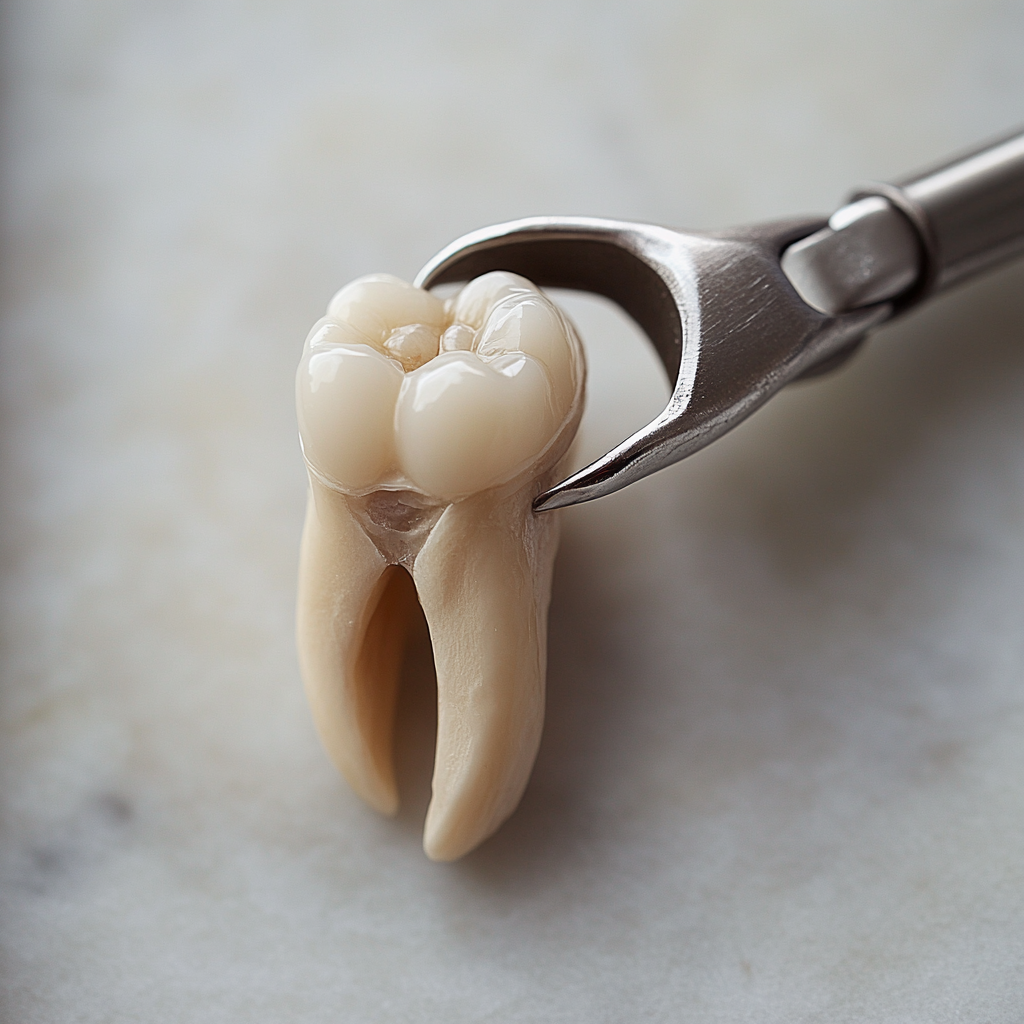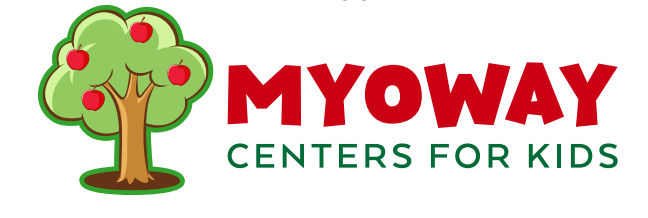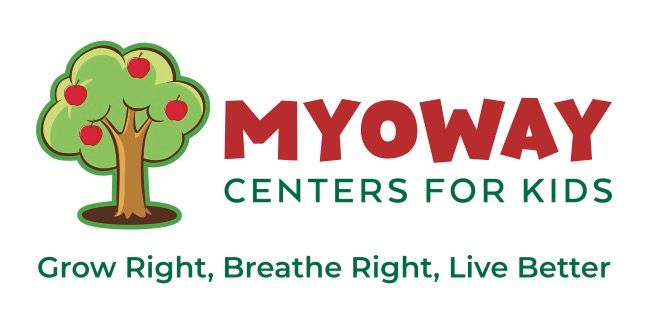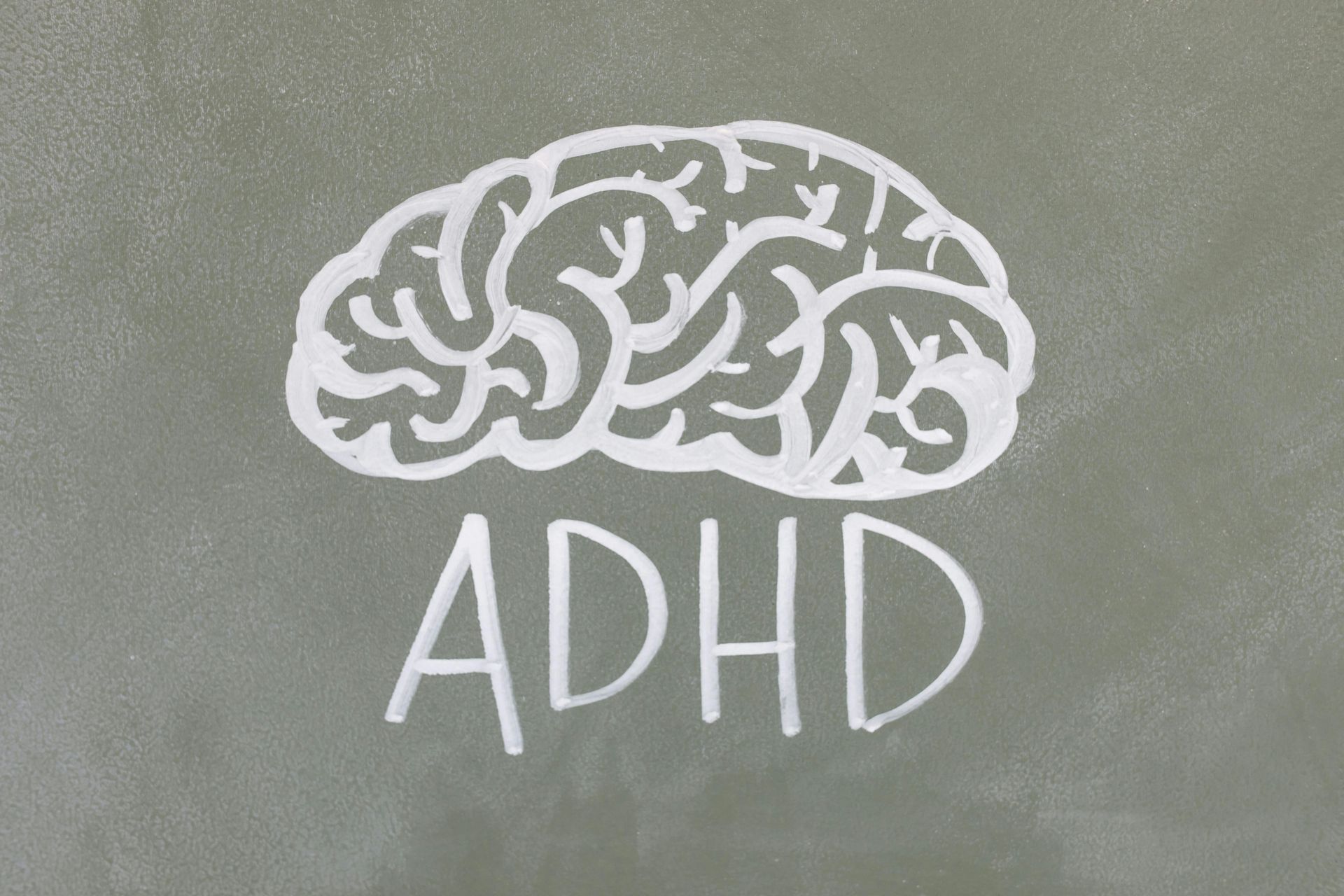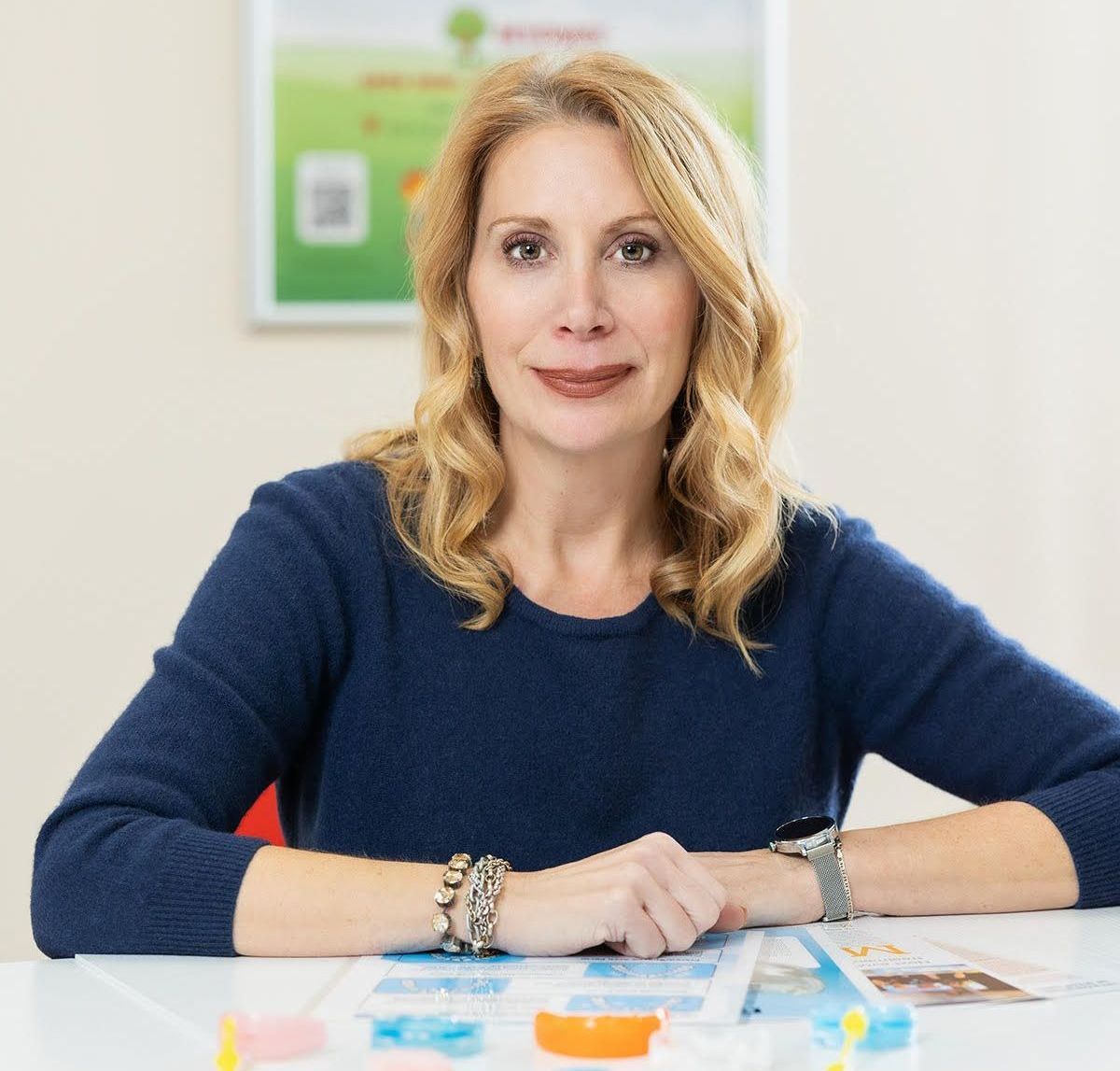Enhancing Life Quality: Myofunctional Therapy for Children with Cystic Fibrosis
Cystic Fibrosis (CF) is a complex genetic disorder that affects various organs, particularly the lungs and digestive system. Managing CF involves a multifaceted approach, including medications, respiratory treatments, and dietary adjustments. However, in recent years, complementary therapies like myofunctional therapy have gained attention for their potential to improve the quality of life for individuals with CF, especially children. Let's delve into how myofunctional therapy services could benefit a child living with cystic fibrosis.
Understanding Cystic Fibrosis
Before delving into the role of myofunctional therapy, it's essential to understand the challenges that children with CF face. CF leads to the production of thick, sticky mucus that clogs the airways, making breathing difficult and increasing the risk of lung infections. Additionally, CF can affect the muscles involved in swallowing and speaking, leading to issues such as dysphagia (difficulty swallowing) and speech articulation problems.
What is Myofunctional Therapy?
Myofunctional therapy is a specialized form of therapy that targets the muscles of the face, mouth, and throat. It aims to correct improper muscle function and coordination, which can impact various aspects of health, including breathing, swallowing, and speech. Myofunctional therapists work with individuals to strengthen weak muscles, improve coordination, and establish proper oral habits.
How Myofunctional Therapy Helps Children with CF
- Respiratory Benefits: Children with CF often experience respiratory issues due to the buildup of mucus in the airways. Myofunctional therapy can help improve breathing by strengthening the muscles involved in respiration. Techniques such as breathing exercises and oral exercises can enhance lung function and respiratory endurance, making it easier for children to clear mucus from their airways.
- Swallowing Dysfunction: Dysphagia is a common complication of CF, leading to difficulties in swallowing and potential aspiration of food or liquid into the lungs. Myofunctional therapy can address swallowing dysfunction by teaching children proper swallowing techniques and strengthening the muscles involved in swallowing. This can reduce the risk of aspiration and improve overall nutritional intake.
- Speech Articulation: Thick mucus in the airways can affect speech articulation in children with CF. Myofunctional therapy includes exercises to improve tongue and lip coordination, which can enhance speech clarity and intelligibility. By targeting the muscles involved in speech production, myofunctional therapy helps children communicate more effectively and confidently.
- Oral Hygiene: Children with CF may also face challenges in maintaining optimal oral hygiene due to factors such as dry mouth and dental complications. Myofunctional therapists educate children on proper oral hygiene practices and provide exercises to promote healthy oral habits. This not only improves dental health but also contributes to overall well-being.
Integrating Myofunctional Therapy into CF Care
Incorporating myofunctional therapy into the comprehensive care plan for children with CF can yield significant benefits. Collaborating with a multidisciplinary team comprising pulmonologists, speech therapists, dietitians, and myofunctional therapists ensures holistic care tailored to the unique needs of each child.
Furthermore, early intervention is key. Starting myofunctional therapy at a young age can help children develop proper muscle function and oral habits, mitigating potential complications associated with CF as they grow older.
Conclusion
Myofunctional therapy offers valuable support for children living with cystic fibrosis by addressing respiratory, swallowing, and speech issues commonly associated with the condition. By strengthening muscles and promoting proper oral function, myofunctional therapy enhances quality of life and empowers children to better manage the challenges of CF. As part of a comprehensive care approach, myofunctional therapy plays a vital role in maximizing the health and well-being of children with CF, fostering improved respiratory function, oral health, and overall vitality.
MyoWay Centers for Kids, conveniently located in Wexford, offers myofunctional therapy services and utilizes FDA approved medical grade appliances. The center offers complimentary consultations and will provide a custom program for your child which will address their specific myofunctional needs.

